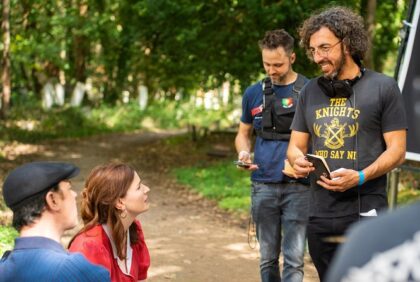100 Million Year Old Microbes
Posted on: Thu 30 Jul 2020

It’s predicted that humans evolved 200,000 years ago, with the average human life expectancy being 82.5 years. However, microbes have been discovered in the sediments of the South Pacific Gyre that have lived for 100 million years – 500 times longer than the entire human race.
This discovery has revolutionised understandings of microbial survival in harsh conditions – suggesting potential for life in the far reaches of our solar system.
And in terms of harsh conditions, there are none much harsher than the ruins of Chernobyl… but the discovery of fungi which feed on radioactive waste has inspired innovations in radioactive protection for space travel.
But down here on Earth, the virus continues to keep us quiet. So quiet in fact, that human-linked vibrations in the Earth have dropped down by 50%!
To elaborate on these as well as other interesting news from the scientific community, Ben Lewis – Producer for Australia’s Science Channel – joins Breakfast’s Zoe Kounadis.
Produced by Leon Bishop
Image sourced: Sofia Vini














